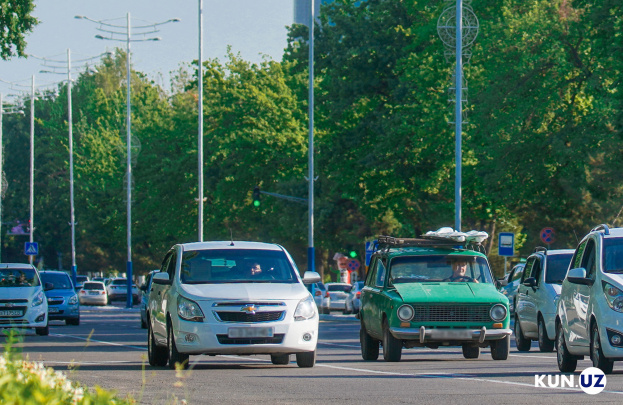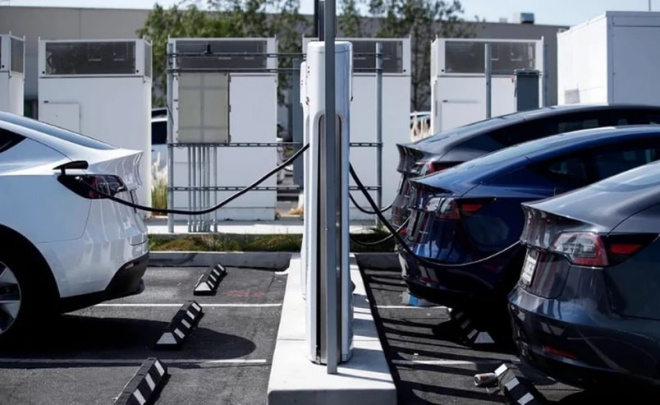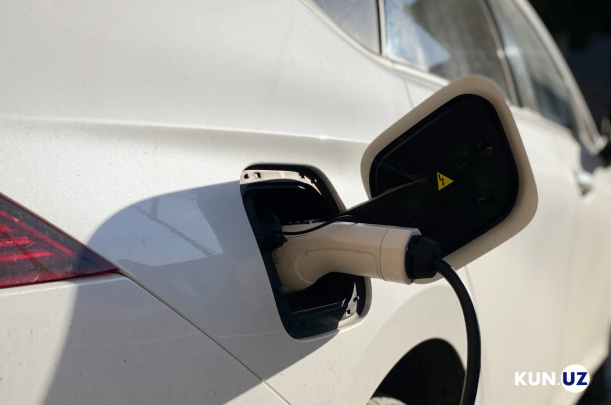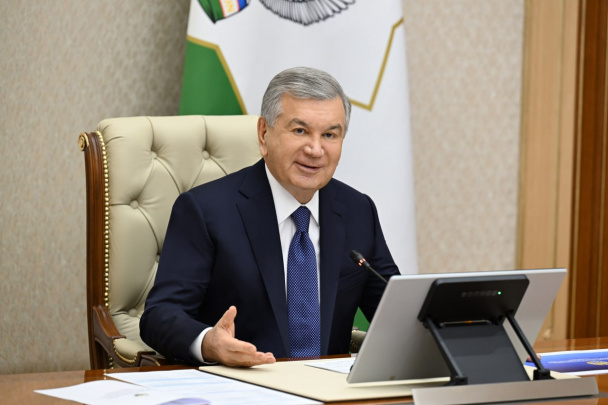Uzbekistan's WTO membership at risk due to increased utilization fee – Experts warn
Starting from May 1 of this year, the utilization fee for imported electric vehicles is being significantly increased. As a result, the growing demand for environmentally friendly electric vehicles in the country is being artificially suppressed. Kun.uz consulted experts on the matter, who argue that under the guise of ecology, the environment itself is being penalized. Moreover, the decision fuels monopolies and removes electric vehicles from the consumer’s options.
According to the decision, the utilization fee for electric vehicles produced within the last three years is increasing from 30 to 120 times the base calculation unit (BCU), while for vehicles older than three years, it is rising from 90 to 210 times the BCU. This means that the utilization fee for a single electric vehicle will range from a minimum of 45 million UZS to 78 million UZS. The decision mandates that importers and local manufacturers pay this fee, but in practice, the burden falls on ordinary citizens and consumers.
Is utilization necessary and does it exist?
Since 2020, the utilization fee was introduced to ensure environmental safety, protect public health, and minimize the harmful impact of waste generated by worn-out vehicles, self-propelled machinery, and their trailers. The primary goal was stated as environmental protection. However, with the sharp fee increase on May 1, the biggest victim will be the environment itself.
There is no public data on how much utilization fee has been collected over the past five years, how much of the budget these funds comprise, or how they have been spent. Between January and September 2024 alone, 54,272 gasoline-powered, hybrid, and electric vehicles were imported. This should have generated at least 1.8 trillion UZS in utilization fees. However, experts question who collected this money, where it was spent, and why it failed to prevent environmental pollution. Some even doubt whether a real utilization system exists in Uzbekistan at all.
Lawyer and advocate Kamoliddin Bahouddinov believes that consumers are being forced to pay for a utilization system that does not exist.
"When will the practice of contradictory decisions end? I cannot understand decisions that undermine the appeal of electric vehicles before proper infrastructure is even established. In 2022 alone, I made five public appeals on this issue, but no one responded. While other countries charge $55-$250 for utilization fees, why do we have to pay between 27 million and 144 million UZS? This is based on 2022 calculations. Where do these criteria come from, and why should I pay for a nonexistent utilization system?" – Kamoliddin Bahodiddinov, lawyer and auto blogger.
International trade expert Valijon Turakulov notes that the utilization fee, functioning as an environmental tax, exists in many countries. The primary goal is to generate funds to address ecological problems. However, in Uzbekistan, this system can be exploited for harmful purposes, as the current decision clearly protects monopolies.
"Although the government justifies this as an environmental measure, it works against the environment. The Cabinet of Ministers’ decision is a direct attack on electric vehicle sales. If not reconsidered, it will have the opposite effect. The real goal is clear: to prevent electric vehicles from entering Uzbekistan. The decision primarily targets new vehicles." – Valijon Turakulov, international trade expert.
Why are monopolies given privileges?
The Cabinet of Ministers' decision mandates that both importers and local manufacturers pay the utilization fee. However, it remains unclear how much Uzbekistan’s largest auto monopoly, UzAuto, has paid so far.
Meanwhile, BYD Uzbekistan has been granted an exemption from paying the utilization fee until 2030. If the primary goal of the decision is to protect the environment, why are major car sellers in the country exempt from paying this fee?
"I couldn't find any public information on UzAuto’s utilization payments. In reality, our citizens are paying utilization fees on behalf of foreign populations. For instance, in 2022, UzAuto received 325 billion UZS from the state budget to cover the utilization fees for vehicles sold to Georgia and Belarus. In other words, Uzbek citizens are covering utilization fees for foreigners." – Valijon Turakulov, international trade expert.
Experts argue that this decision directly benefits monopolistic auto companies like UzAuto and BYD Uzbekistan by securing their financial standing and strengthening their monopoly.
The decision pushes Uzbekistan away from WTO membership
Uzbekistan is working step by step towards WTO membership. However, fundamental WTO requirements include market openness, equal opportunities for manufacturers, and fostering competition among consumers. The Cabinet of Ministers’ decision to drastically increase the utilization fee from May 1 contradicts these principles, as it primarily serves monopolies.
Finance and investment expert Tamilla Kurbanova believes that this decision will prevent Uzbekistan from joining the WTO.
"Of course, WTO representatives will take this into account. This decision will prolong negotiations, and member states will not accept it. The WTO's core value is to provide equal opportunities for all. However, in Uzbekistan, local manufacturers are given priority. The new pricing structure will make electric vehicles more expensive, adding at least $2,000-$3,000 to each one. Under these conditions, Uzbekistan will not be able to join the WTO." – Tamilla Kurbanova, finance and investment expert.
Moreover, at a time when Uzbekistan is opening its market and actively inviting investors, such a decision, which serves monopolistic interests, raises concerns among investors. Those considering entering the Uzbek market may choose other countries instead. The Cabinet of Ministers’ decision on utilization fees does not align with the WTO's 1994 principles. Russia, after joining the WTO, was sued for increasing utilization fees and was eventually forced to lower them.
Experts warn that in the future, this decision will lead to not only environmental but also economic losses. They emphasize that before implementing such policies, the public should be consulted to ensure that the decision is truly in the people’s interest.
Related News

14:38
Uzbekistan to establish national recycling system for old vehicles and equipment

20:05 / 17.02.2026
Uzbekistan to subsidize electric vehicle charging costs from May 1

12:40 / 14.02.2026
Domestic car sales climb while imports decline in January

11:41 / 13.02.2026



